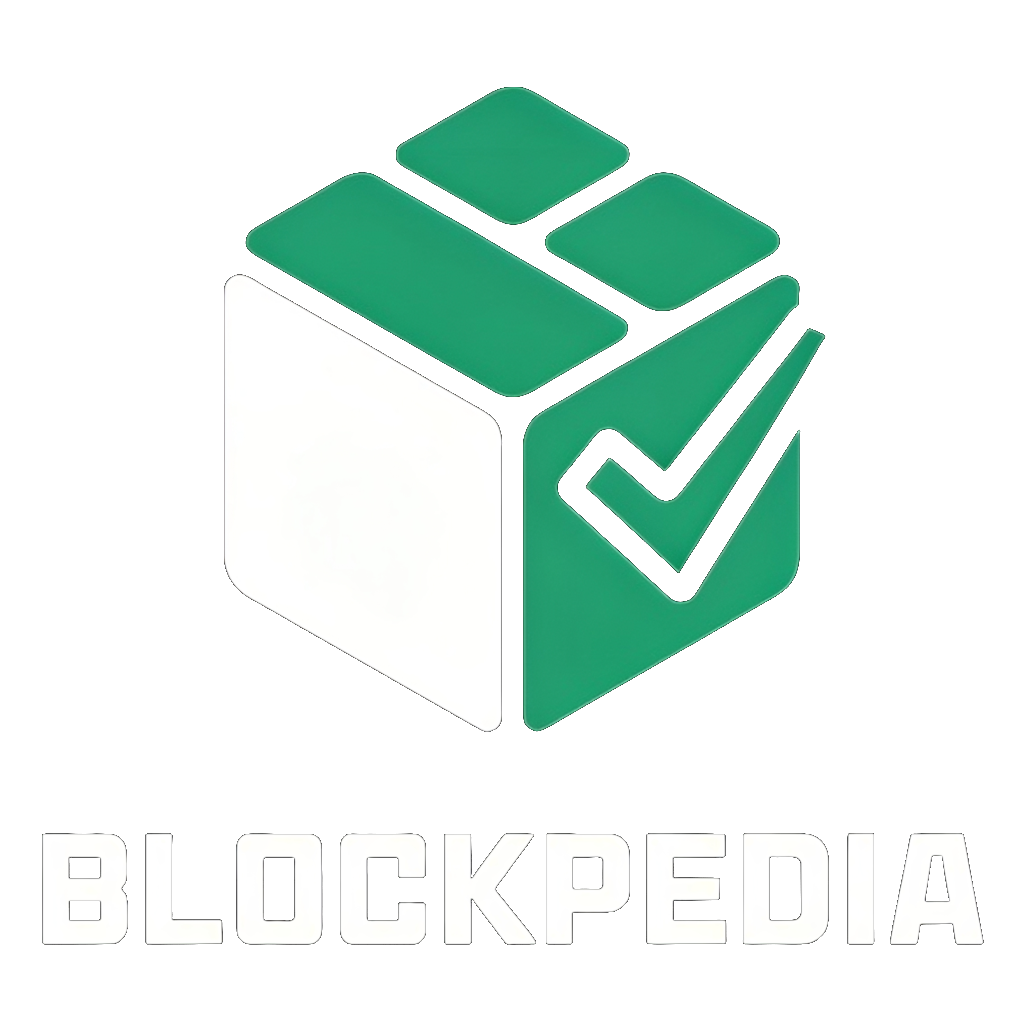Faucet
A cryptocurrency faucet is a website or application that rewards users with a small amount of cryptocurrency, usually in exchange for completing a task, such as solving a captcha, watching an advertisement, or participating in a simple game. The concept of a faucet was first introduced in 2010 by Gavin Andresen, a developer of the Bitcoin protocol.
How Faucets Work
Faucets typically work by rewarding users with a small amount of cryptocurrency, usually in the form of a token or coin, for completing a specific task. The tasks are designed to be simple and easy to complete, and are usually intended to promote the adoption and use of the cryptocurrency. In exchange for completing the task, the user is rewarded with a small amount of cryptocurrency, which can then be transferred to a digital wallet or exchanged for other cryptocurrencies.
Types of FaucetsThere are several types of faucets, including:
- Bitcoin Faucets: These faucets reward users with a small amount of Bitcoin (BTC) for completing tasks.
- Altcoin Faucets: These faucets reward users with alternative cryptocurrencies, such as Ethereum (ETH), Litecoin (LTC), or Dogecoin (DOGE).
- Token Faucets: These faucets reward users with tokens, which can be used on a specific platform or exchanged for other cryptocurrencies.
Benefits of Faucets
Faucets can provide several benefits, including:
- Introduction to Cryptocurrency: Faucets can provide an easy and accessible way for new users to learn about and become familiar with cryptocurrency.
- Rewarding Users: Faucets can reward users for participating in tasks and promoting the adoption of cryptocurrency.
- Low-Risk Investment: Faucets can provide a low-risk way for users to try out cryptocurrency, as the amount of cryptocurrency rewarded is usually small.
Challenges and Limitations
Faucets also face several challenges and limitations, including:
- Abuse and Exploitation: Faucets can be vulnerable to abuse and exploitation, such as users completing tasks multiple times or using automated scripts to claim rewards.
- Scalability Issues: Faucets can experience scalability issues, such as high traffic and server costs, which can limit their ability to reward users.
- Regulatory Challenges: Faucets may face regulatory challenges, such as compliance with anti-money laundering (AML) and know-your-customer (KYC) regulations.
